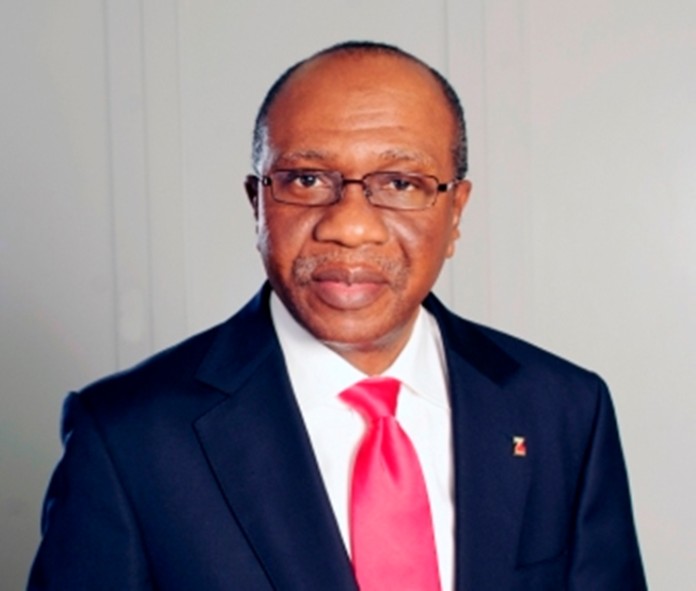The Central Bank of Nigeria (CBN) said on Friday that education and medical tourism were not on the list of 41 items barred from accessing foreign exchange allocation in Nigeria.
Speculations were rife since Thursday that the CBN increased the list of items affected by the foreign exchange restriction policy from the initial 41 items to 43 with the inclusion of the two items.
The speculation gained currency after the Bankers Committee, at the end of its meeting on Thursday, expressed worry over increasing pressures the demand for foreign exchange for school fees and medical treatments abroad have brought on allocation to the real sector and productive activities.
When contacted, Director, Corporate Communications Department of the CBN, Ibrahim Mua’zu, denied that the bank included education and medical tourism among the list of items restricted from accessing foreign exchange.
Mr. Mua’zu clarified that the Bankers’ Committee, during its meeting on Thursday, only decided to prioritize the allocation of foreign exchange to the importation of critical raw materials, plants and machinery for the real sector of the economy.
“What this means is that those sourcing for foreign exchange to pay for school fees of their children abroad and medical bills in foreign hospitals cannot get it from the Central Bank.
“Allocation of foreign exchange for such items is henceforth left at the discretion and ability of the banks. How that is done at whatever rate is not the CBN’s headache,” the CBN spokesman said.
Managing Director, Access Bank PLC, Herbert Wigwe, had said that members of the Committee resolved that the demand for allocation of foreign exchange for the two items should not be allowed to crowd out attention to real sector investment.
Although Mr. Wigwe said no agreement was arrived at on the issue, banks were encouraged to give priority attention to the real sector, rather than focus on foreign education and medical treatment.
“Why can’t we revisit the health care system to make sure it works better? Why must we spend about $2 billion annually on children’s school fees overseas or medical tourism abroad?” he said.
”The idea (to include the two items on the list) is still on the drawing board. The point is not that we cannot do it, but that one cannot access foreign exchange from the CBN’s limited resources. We did not reach any formal conclusion on it, but that is the general direction that we are headed.”
Similarly, Edo State governor, Adams Oshiomhole, had on Thursday lent his voice to the call for the inclusion of school fees and medical bills in schools and hospitals abroad in the list of items restricted from accessing foreign exchange from the CBN.
According to the governor, at the moment the school fees paid for more than one million Nigerian children studying at various universities and other higher institutions abroad was consuming more than $500 million every year.
“There are a lot of good schools here in Nigeria for our children. But it has become a status symbol for the children of the elites to study abroad,” Mr. Oshiomhole said.
“On that score, I will support the suggestion that the CBN should not provide foreign exchange for that. Let government come up with a policy that all those in government have their children trained here by removing school fees from the list.
“If this is done, the leaders would ensure that Nigerian universities were well-funded. Billions of dollars are spent annually on foreign medical tourism. CBN should also remove this from the items to be funded with its foreign exchange so that those in government would pay attention to proper funding of hospitals at home,” the governor said.






